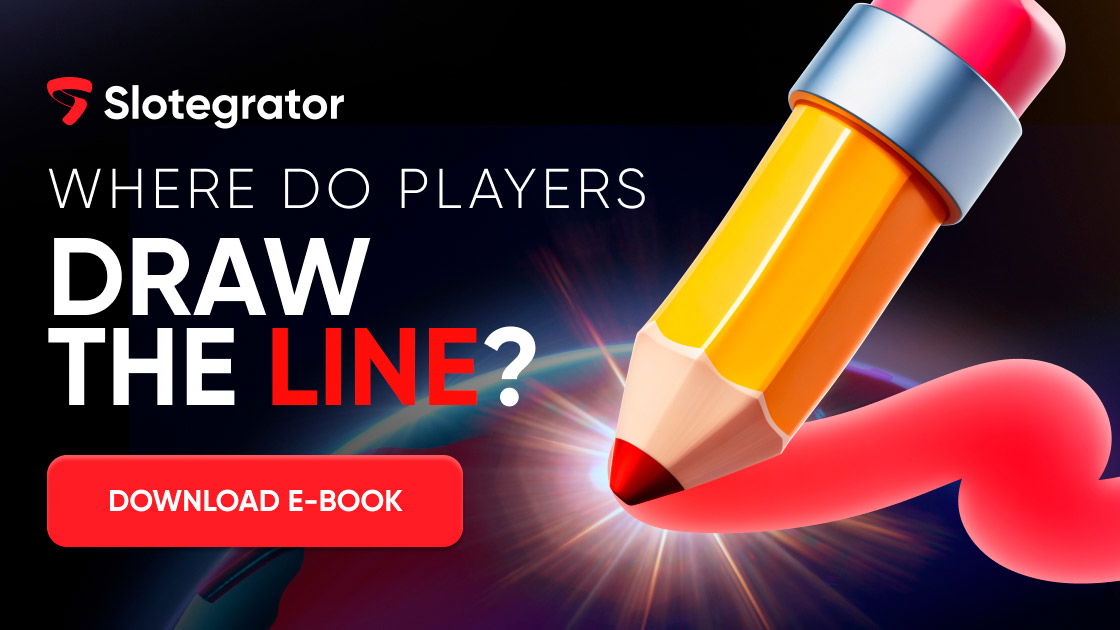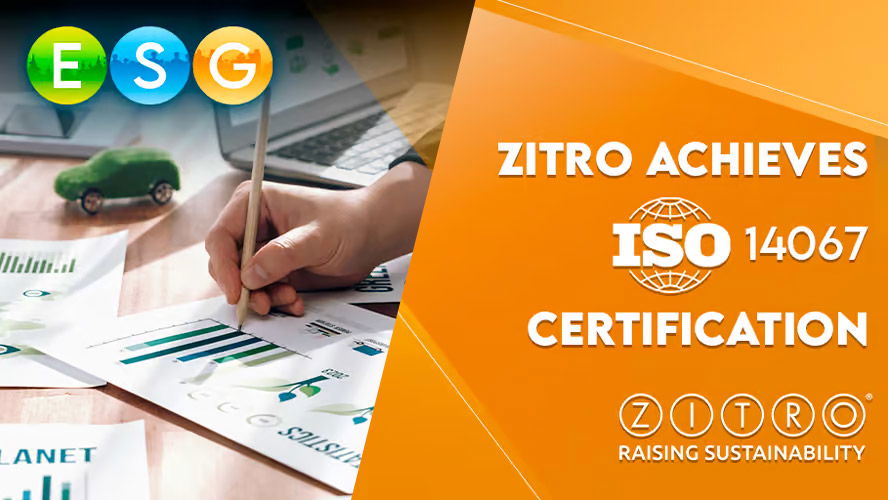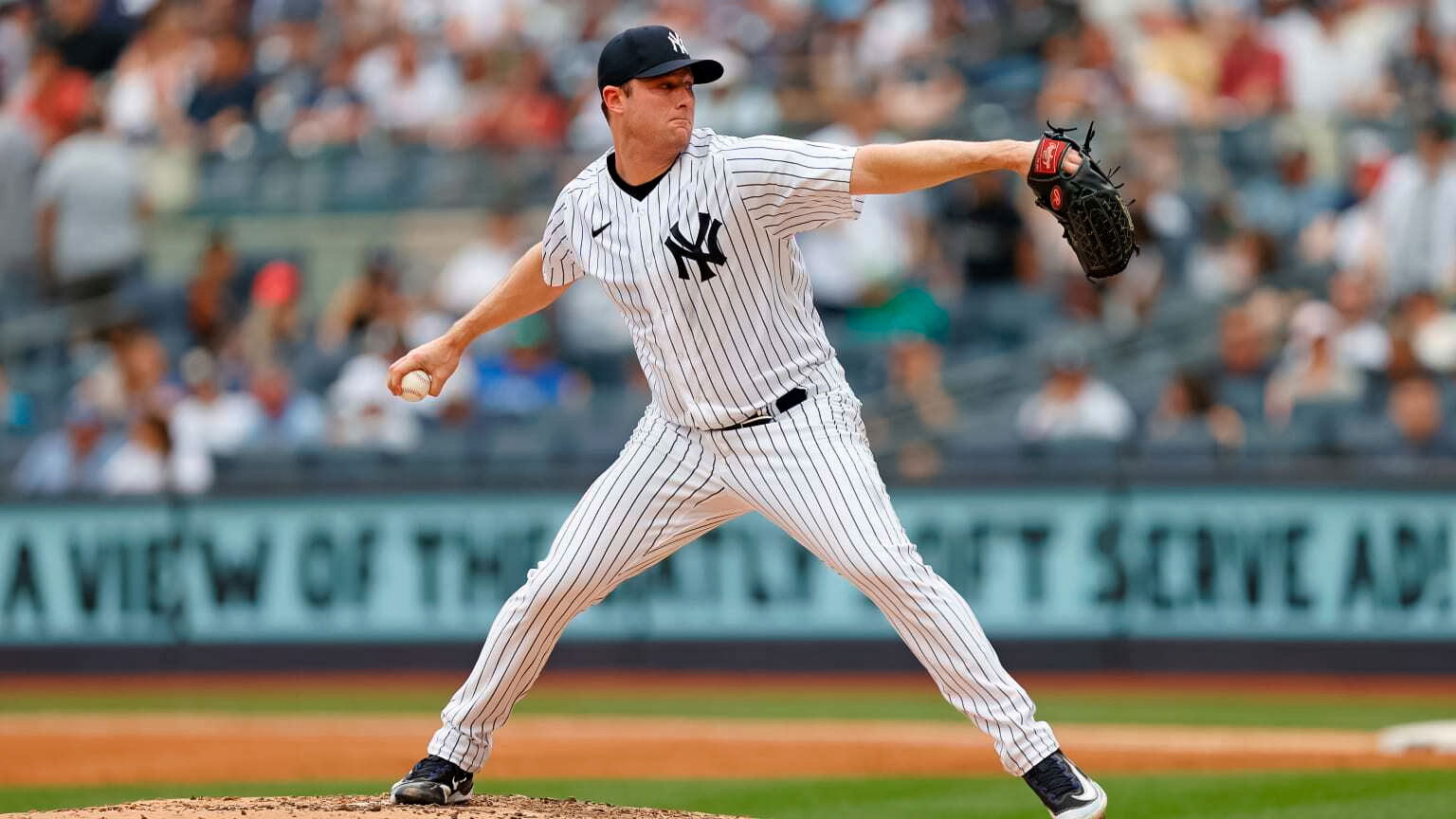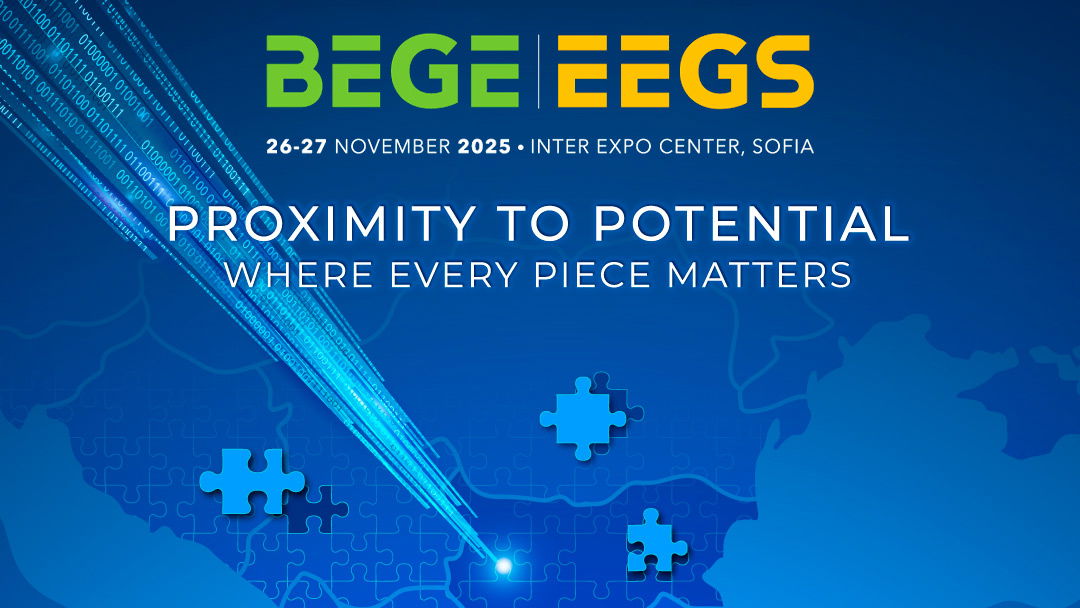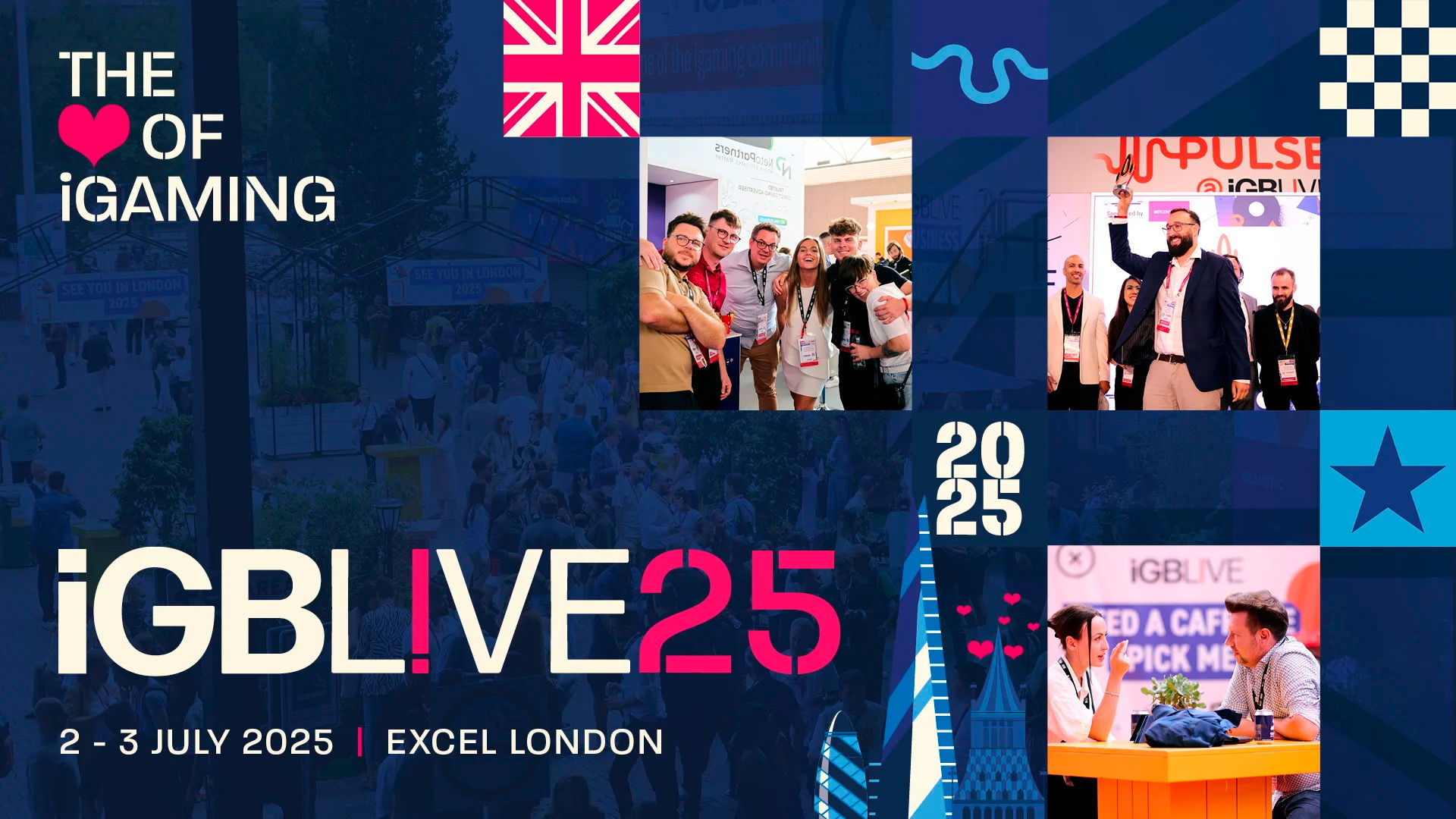UK National Lottery potential bidders claim schedule delay could favor current operator
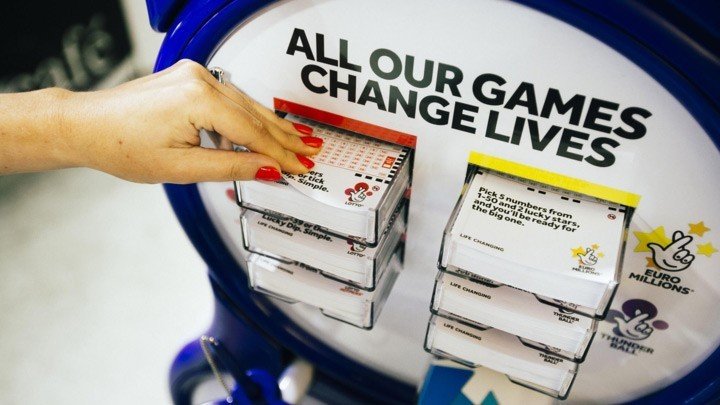
Delays to the competition for the UK’s National Lottery licence has provoked complaints from potential bidders, who say any hold-up could favour Camelot, the current operator. Companies considering a bid for the licence have been told that there will be up to a two-month delay in the schedule, according to two people with knowledge of the situation cited by the Financial Times.
Groups that have expressed an interest in bidding for the next licence include the media mogul Richard Desmond, who runs the Health Lottery; Richard Branson, the billionaire founder of Virgin Group; and Sazka Group, which runs lotteries in the Czech Republic, Italy, Cyprus, Austria and Greece.
Sazka Group, part of the KKCG investment firm owned by billionaire Karel Komarek, has hired City advisers to prepare an offer to take the licence from Camelot in 2023. A spokesman for Sazka said: “Sazka Group has a proven track record in taking on established lotteries and making them better, which would position it well for any potential bid for the UK's National Lottery,” This is Money reports.
The UK lottery is the sixth largest in the world by sales, making it a valuable prize for operators. The current competition, which is the fourth in the lottery’s history, is shaping up to be one of the most competitive in its 26-year history.
According to a timetable for the bidding process seen by the Financial Times, a procurement questionnaire due to be received by bidders on Monday had not been sent out by the UK Gambling Commission, which is overseeing the process. Bidders seeking to win the licence from Camelot, the Canadian-owned company which has operated the UK’s lottery since its inception in 1994, fear that the delay could have a knock-on effect for the transfer of operations should a new company win the licence.
“Any delay will favour the incumbent,” said one bidder. “It’s going to cost bidders a huge amount of extra money and shortens the transition period, raising questions about whether the Gambling Commission will be more risk averse to awarding the licence to a new entrant.” Camelot declined to comment on the claim that any delay could favour the company.
The National Lottery is among the most profitable contracts awarded by the government and generates gross gambling yield — the amount staked by customers minus the amount paid out in winnings — of around £3bn each year. The licence, which currently covers a 14 year period, is up for renewal in 2023, with the winner of the competition due to be announced in February 2021.
The People’s Postcode Lottery, another UK-based lottery run by the Dutch firm Novamedia; and the Australian lottery provider Tabcorp, both of which had previously expressed an interest in bidding for the licence, have pulled out.
Camelot has been attempting to turn itself round in the past year after being hit by falling sales and a £1.15m fine from the Gambling Commission for failings including a mobile app glitch and publication of incorrect prize lists. It has also been criticised for increasing profits while contributions to charities fell.
One of the key challenges for the next licensee will be to adapt the way people play the lottery online as well as attracting more younger players. It will also have to see off competition from non-government granted lotteries such as the Health Lottery, which have increased market share.
Responding to questions about the delay, the Gambling Commission said the timetable was a draft sent out to bidders and dates were only indicative. “The Gambling Commission is focused on running a fair and open competition to find the right operator. Ensuring that all potential bidders are on an equal footing is very important and we will welcome as many bidders as possible to the competition when it launches in early 2020,” it said.



